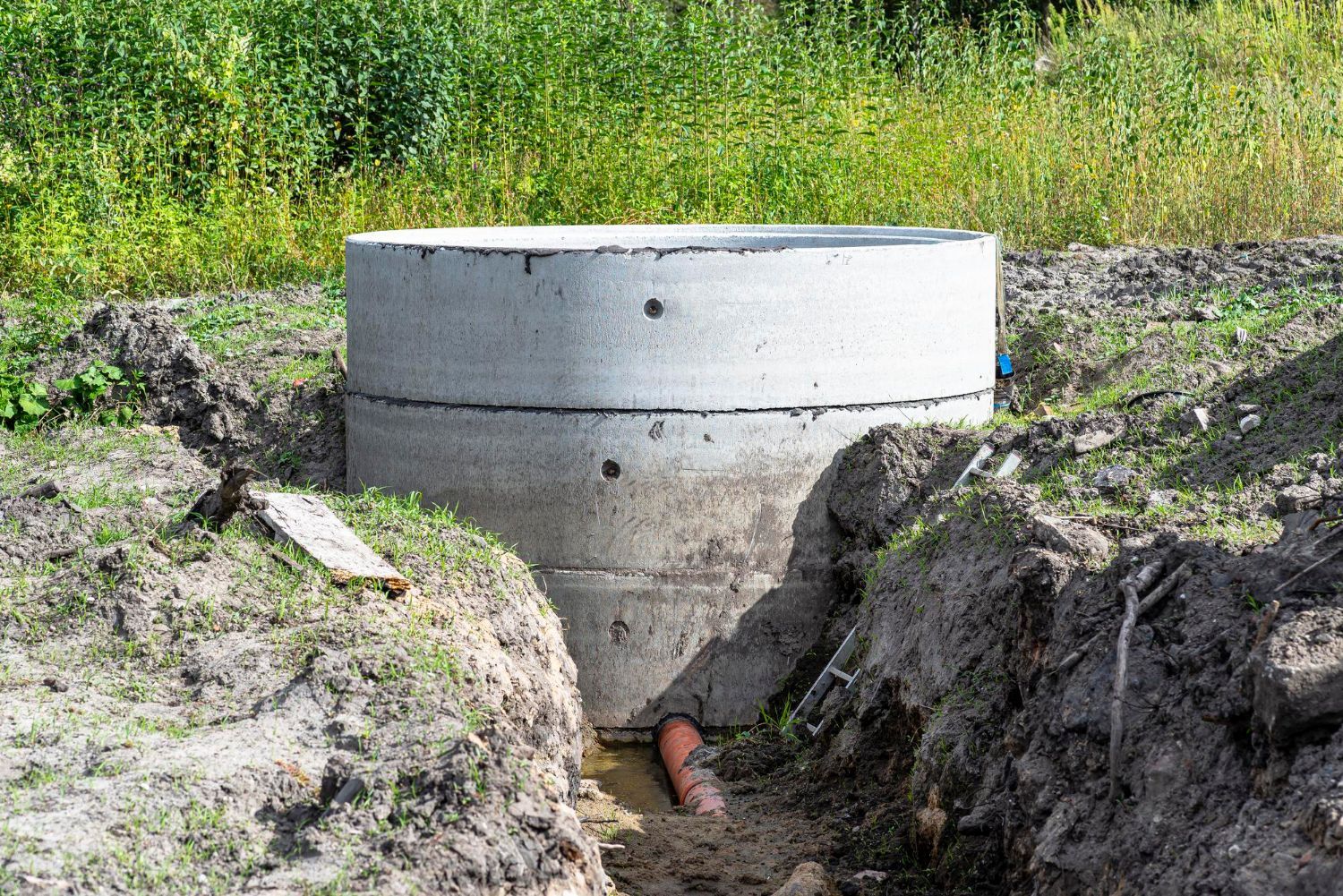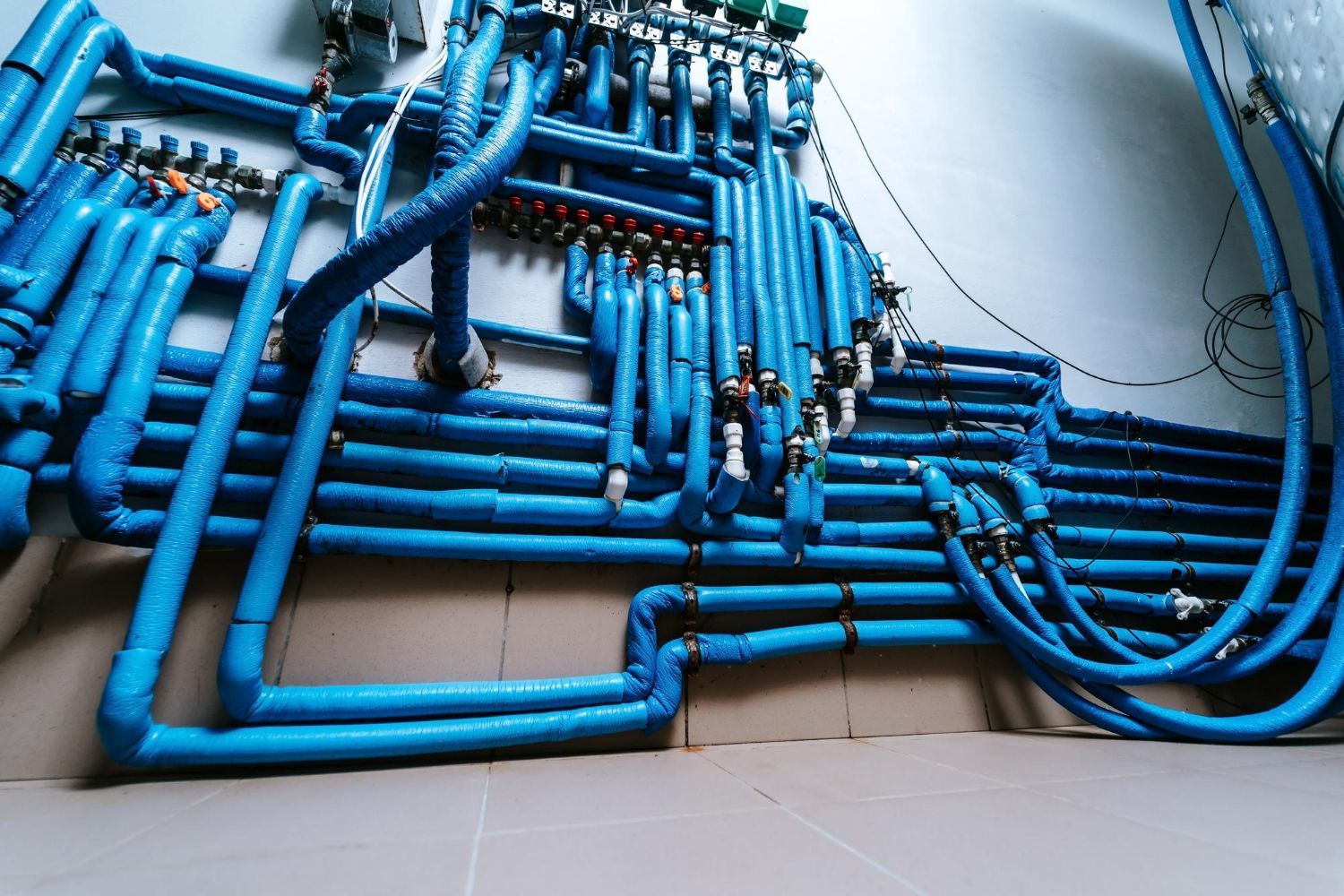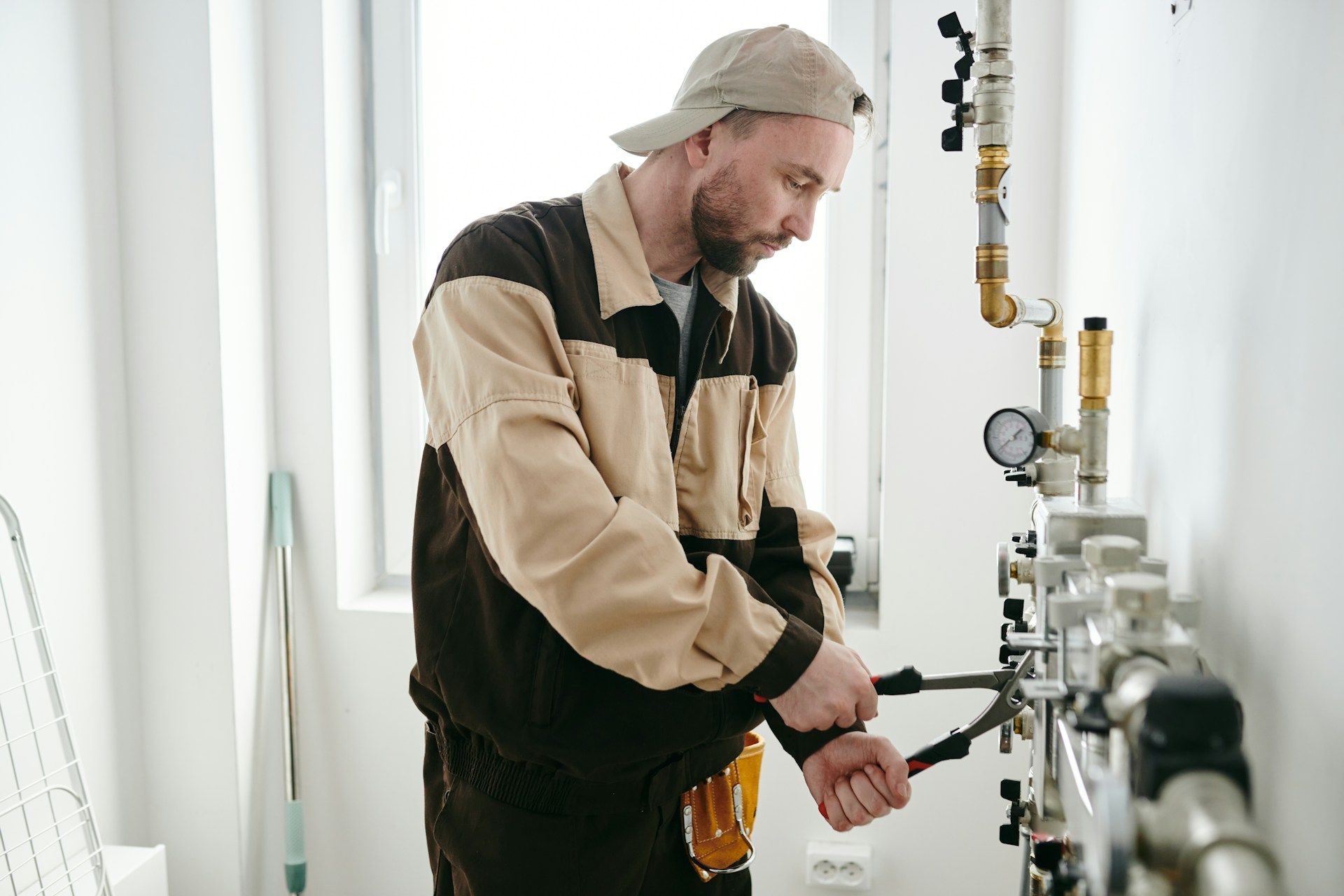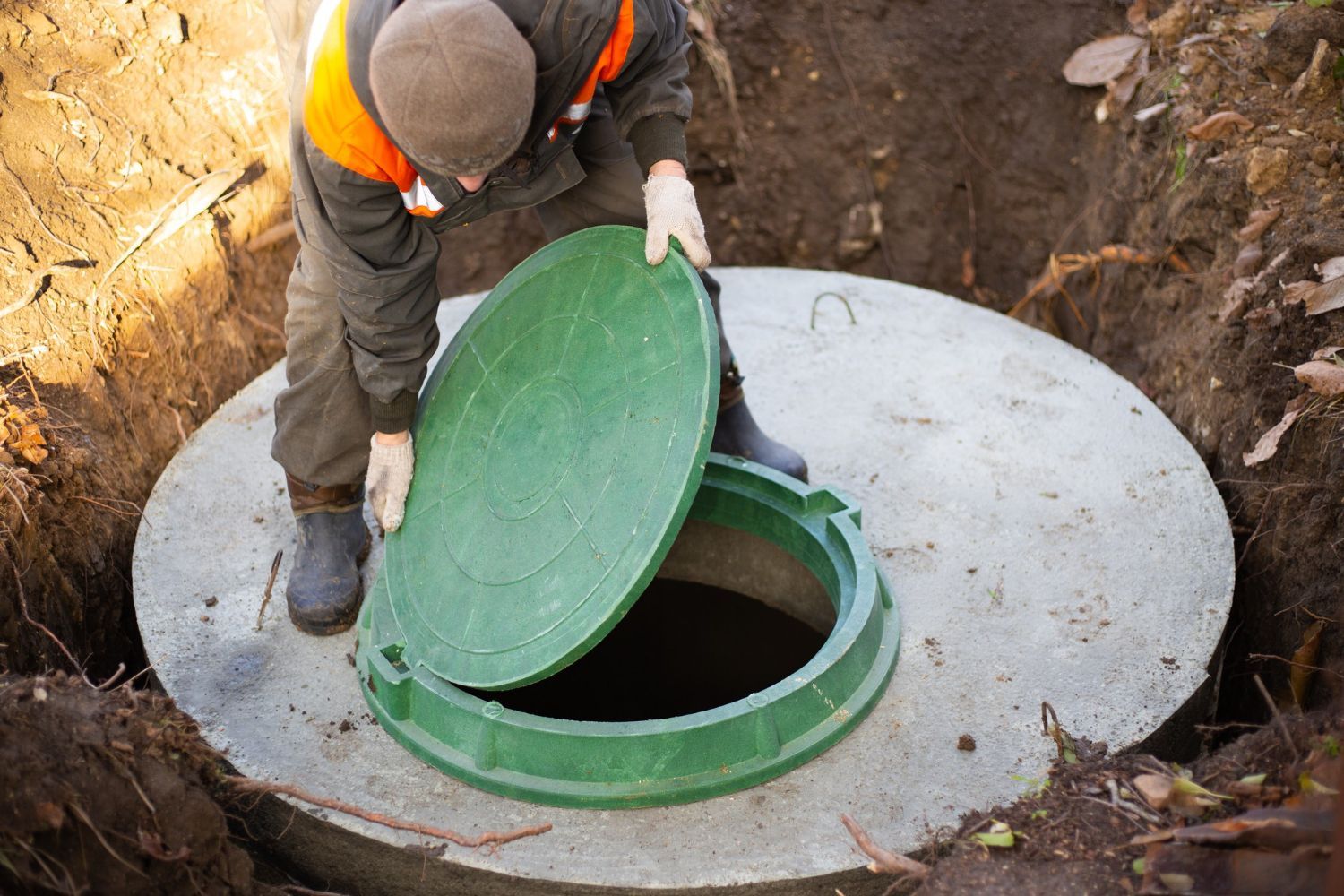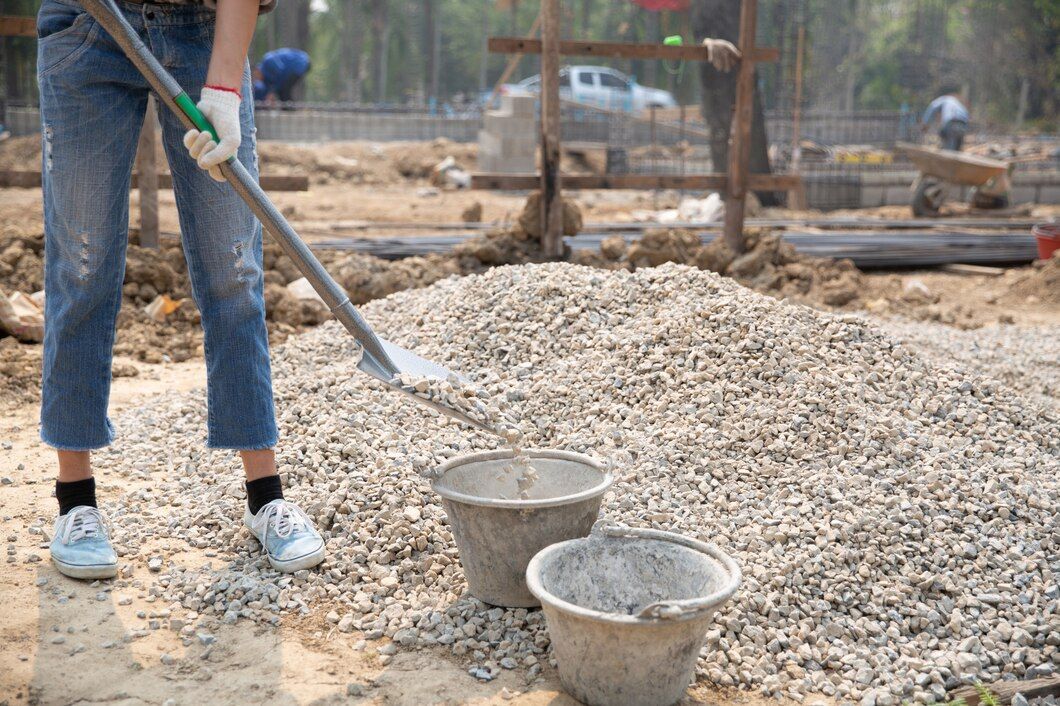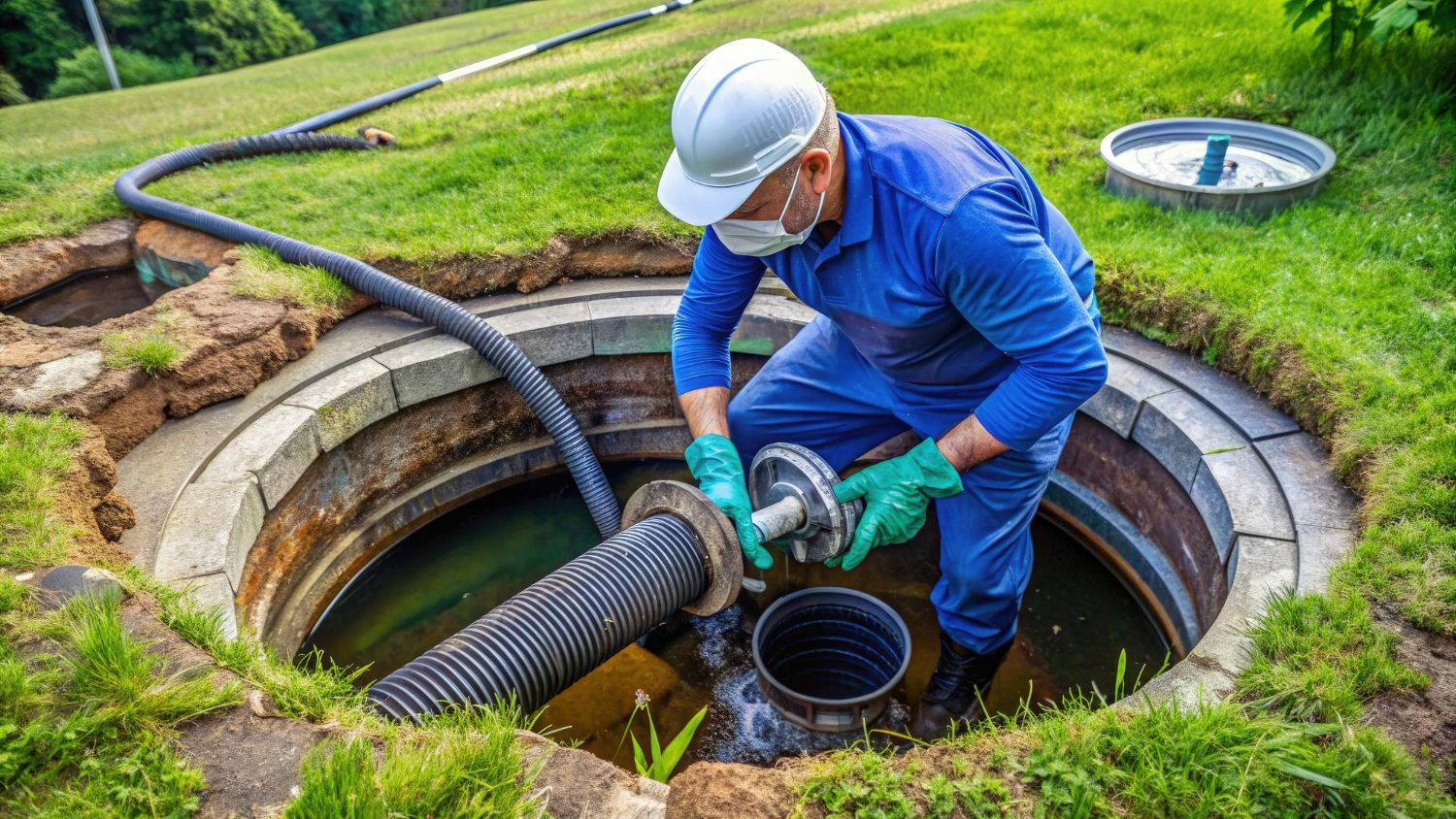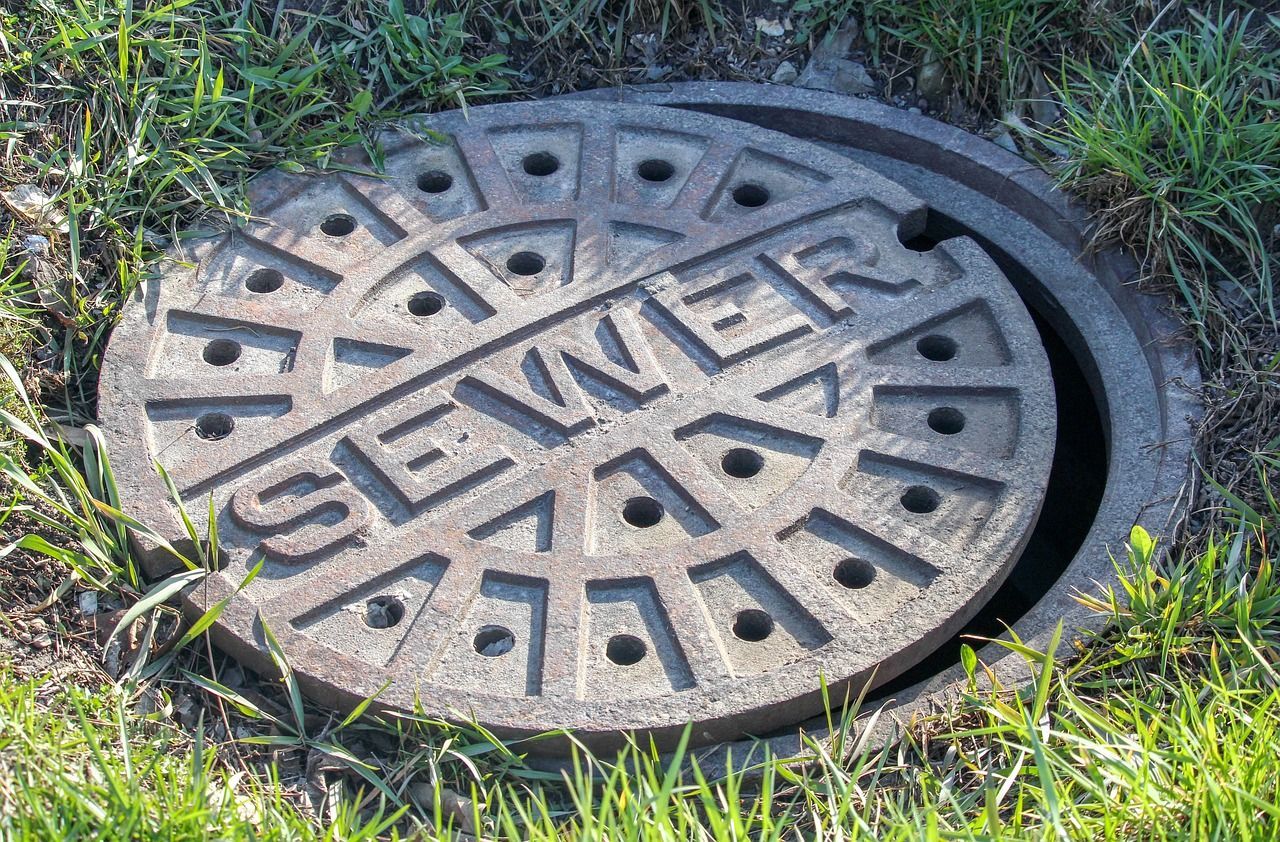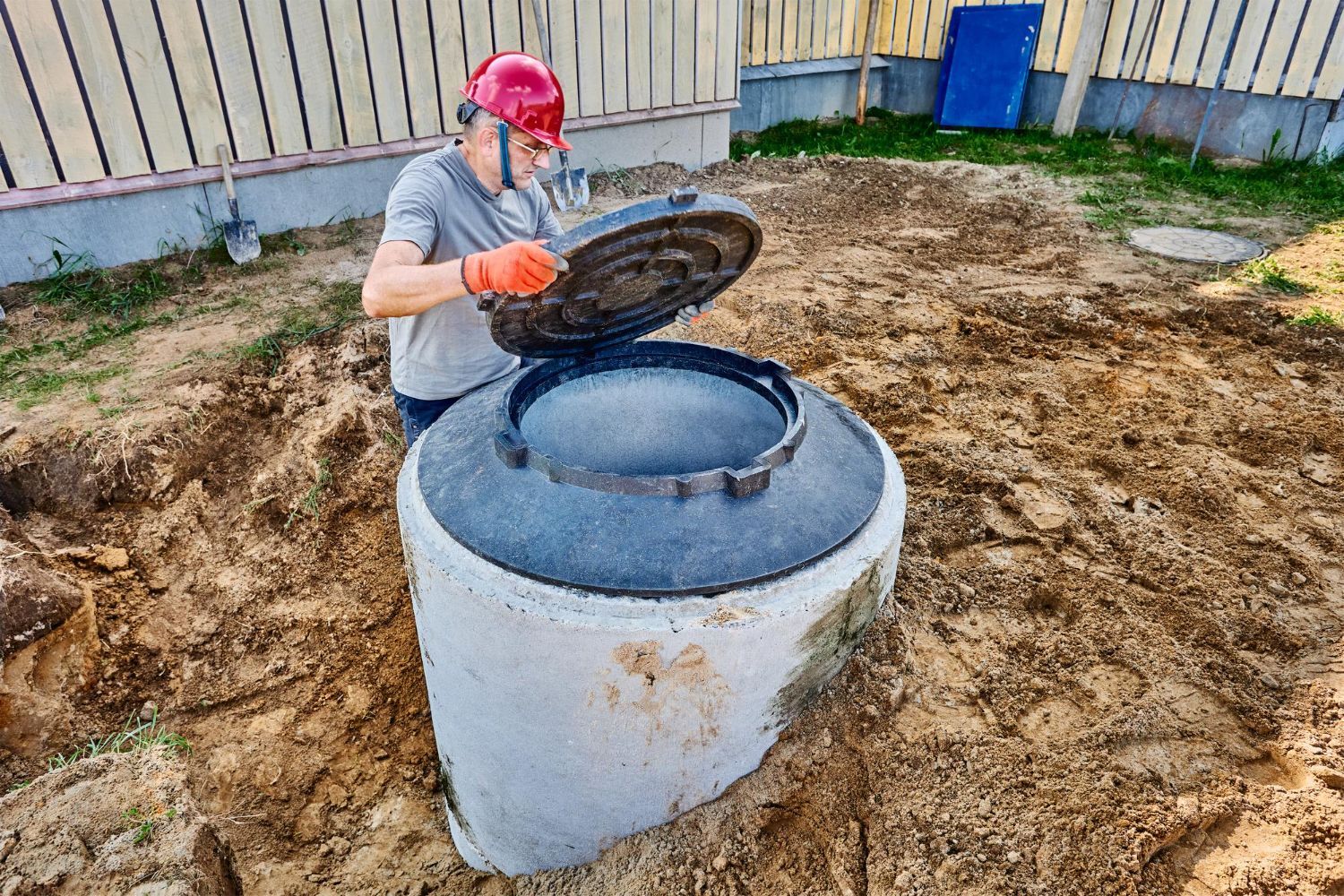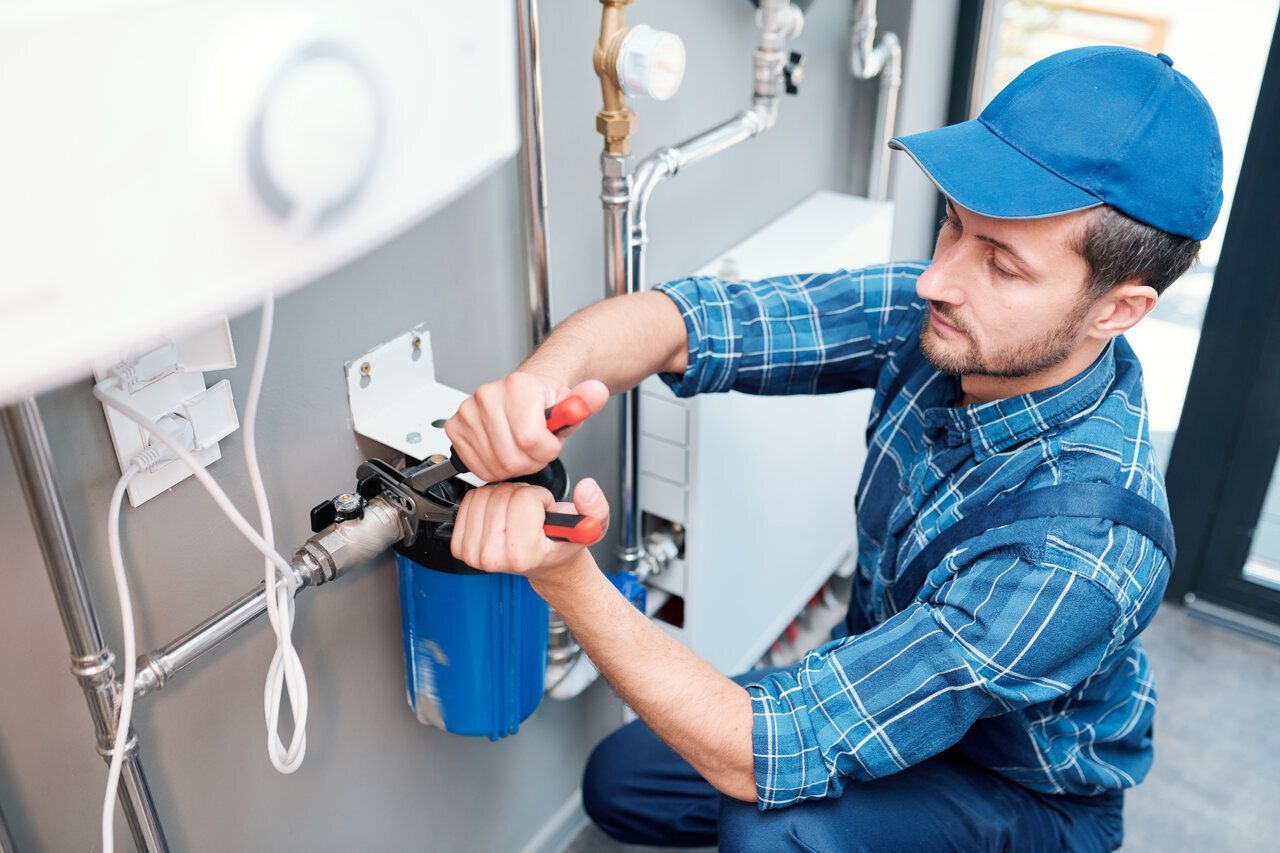Effective Drain Cleaning Strategies for Your Home
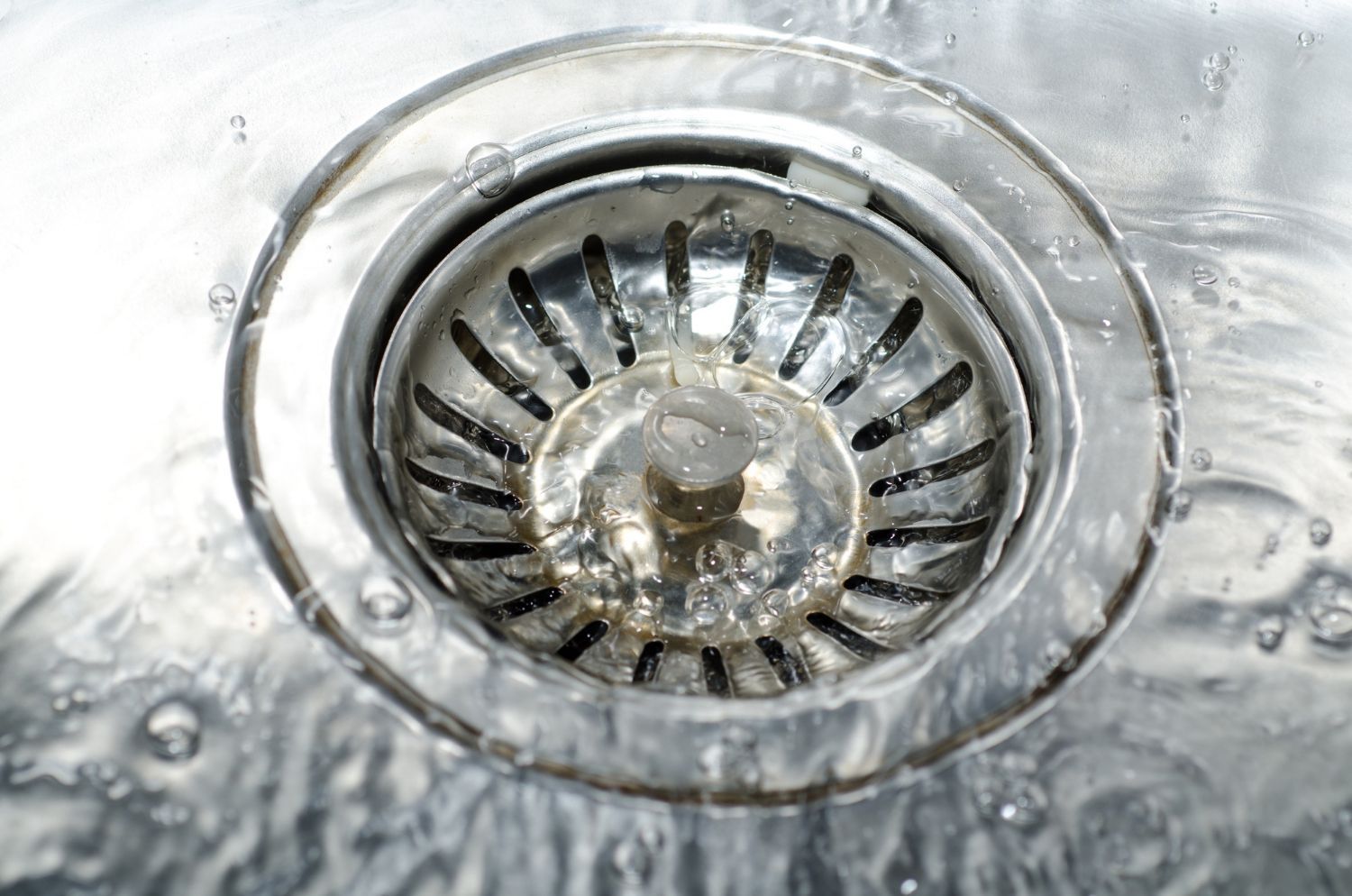
Understanding the plumbing structure of your home, especially the drainage system, is crucial for effective maintenance and prevention of common issues. Our drains handle a significant workload each day, managing everything from soap suds and hair in the bathroom to food scraps and grease in the kitchen. Without proper care, this can lead to clogs and blockages, disrupting daily life and potentially causing significant damage.
This introductory guide will explore various techniques and natural remedies to keep your drainage system flowing smoothly. We'll also discuss when it might be time to call in professional help, ensuring that you can make informed decisions about the care of your home's plumbing system.
Understanding the Basics of Home Drain Systems
Every homeowner should have a fundamental understanding of how their home drain system works, as this knowledge is key to preventing plumbing disasters. Essentially, the drain system in your home is designed to carry wastewater away from the house safely and efficiently. This system includes all the pipes from your sinks, tubs, toilets, and appliances, leading to either a septic system or a municipal sewer connection. Understanding this network helps you pinpoint where problems might occur and reduce the risk of significant blockages.
At the heart of maintaining a healthy drain system is the awareness of what goes down the drain. We always advise against flushing anything besides human waste and toilet paper in toilets, and for sinks, avoiding the disposal of oils, fats, and fibrous materials that can cause blockages. Regular checks for leaks, slow draining, and unpleasant odors can also provide early indications of drain system issues before they escalate into larger problems.
Regular Cleaning Techniques to Prevent Clogs
To keep your drains running smoothly, regular cleaning is a must. There are several techniques that you can employ to prevent clogs. One of the most effective methods is to use hot water flushes. Simply pouring boiling water down the drain weekly can help dissolve any potential clog-forming materials like oils or soap scum that have built up.
Another safe and practical cleaning technique involves a mixture of baking soda and vinegar. Pour a cup of baking soda followed by a cup of vinegar down the drain, let it sit for an hour, then flush it with hot water. This not only clears existing build-up but also neutralizes odors, making it an excellent routine maintenance step. For those with garbage disposals, grinding a handful of ice cubes along with cold water and some coarse salt can help scrub the blades clean and effectively remove any trapped debris along the grinder's walls. These simple, regular practices can dramatically reduce the likelihood of clogs and the need for more intrusive, professional interventions.
Natural Solutions for Maintaining Clear Drains
In our dedication to providing effective and environmentally friendly solutions, we stress the benefits of natural methods to maintain clear and functional drains. This approach not only aligns with eco-friendly practices but also ensures that your plumbing systems are devoid of harsh chemicals that can deteriorate pipes over time. One commonly used simplest yet effective natural solution is the combination of hot water, baking soda, and vinegar. This mixture acts as a mild cleaning agent that breaks down the greasy residues without harming the integrity of your pipes.
Furthermore, for regular maintenance, we recommend using enzyme-based cleaners. These natural cleaners use biological enzymes to digest organic materials such as oils, fats, and food waste that are common in kitchen drains. Enzymatic cleaners are not only safe for your pipes and septic systems but also for the environment. Implementing these natural solutions into your monthly maintenance routine can help prevent the buildup that often leads to more severe clogs, ensuring that your drains stay cleaner longer.
When to Call a Professional for Drain Cleaning
While many minor clogs can be handled with DIY methods or routine preventive maintenance, there are occasions when it’s crucial to call in the professionals. Recognizing these situations can save you from facing a full-scale plumbing emergency. If you encounter recurrent clogs that seem to persist despite your best efforts with home remedies, it might indicate a deeper, more complex problem within your plumbing system. Additionally, multiple clogged drains or severe slow draining throughout the house could suggest potential sewer line issues.
Other signs that necessitate professional intervention include water backing up in unexpected places or hearing gurgling sounds from your drains. These could be indications of blockages that mere plunging or natural cleaners cannot resolve. In such cases, professional equipment, such as motorized drain augers or hydro-jetting machines, may be required to effectively clear the obstruction and clean the pipes. Our team of skilled technicians is equipped with the necessary tools and expertise to handle these tougher jobs, ensuring that your plumbing system returns to optimal functioning without risking damage from improper handling.
Conclusion
Maintaining a clear and effective drain system is key to ensuring the smooth operation of your home plumbing. Regular use of natural solutions can go a long way in preserving your drains, but knowing when to call professionals can be just as crucial. At Apollo Sewer & Plumbing, our plumbers in Monmouth County, NJ, prioritize your home's plumbing health and are committed to providing solutions that not only clear immediate blockages but also prevent future problems.
With our comprehensive services, expert guidance, and commitment to quality, you can rest assured that your plumbing system is in good hands. If you're noticing signs of blockage or need professional advice on maintaining your drains, don't hesitate to get in touch with us today for expert drain cleaning services that keep your home safe and your drains clear.

